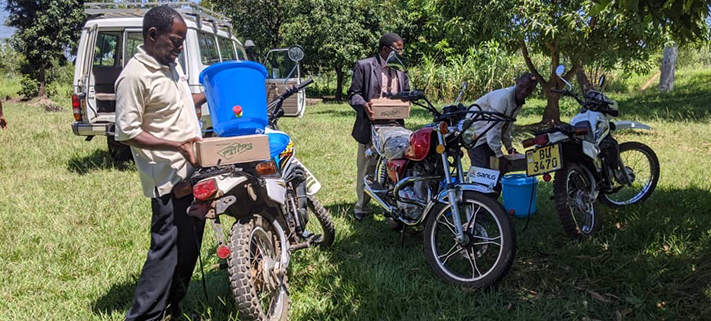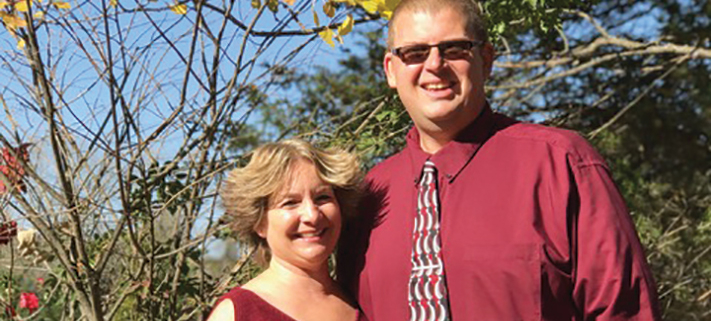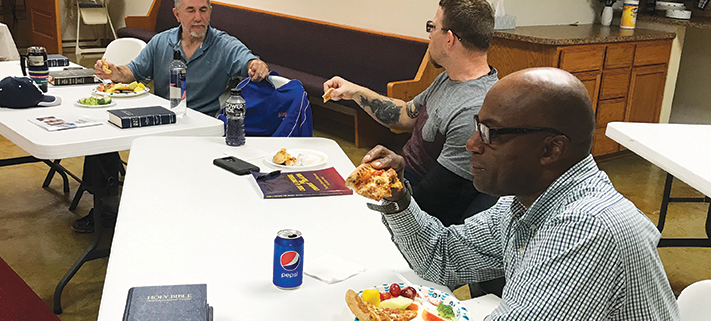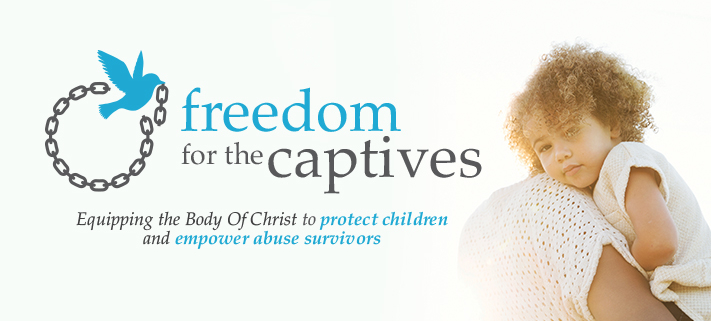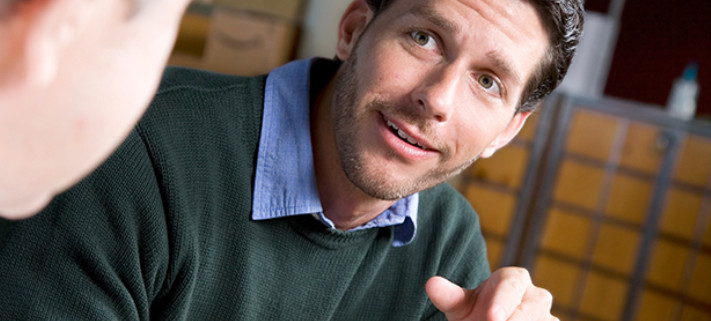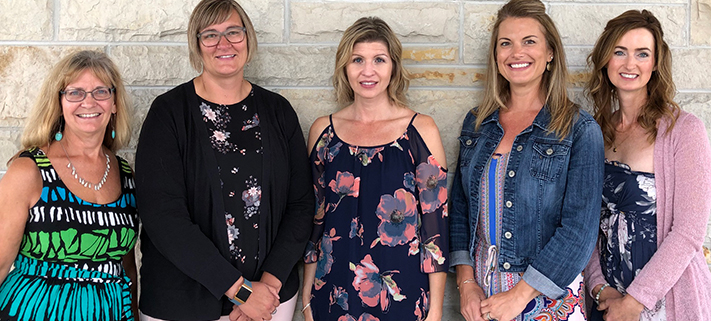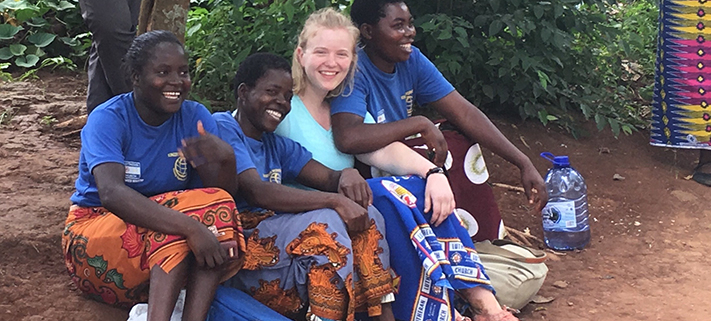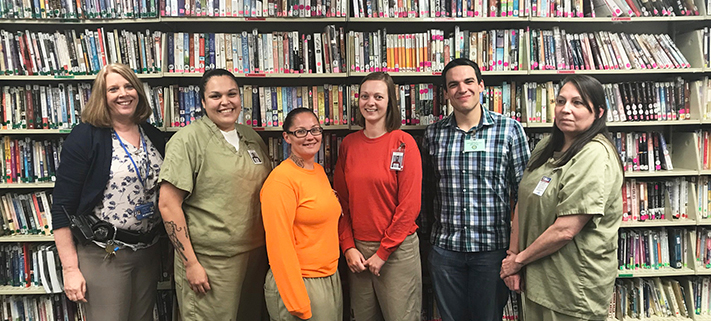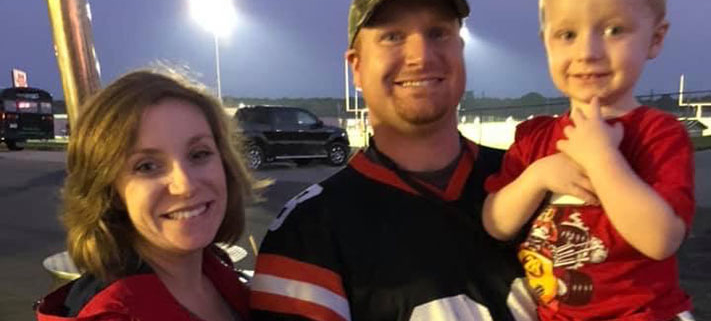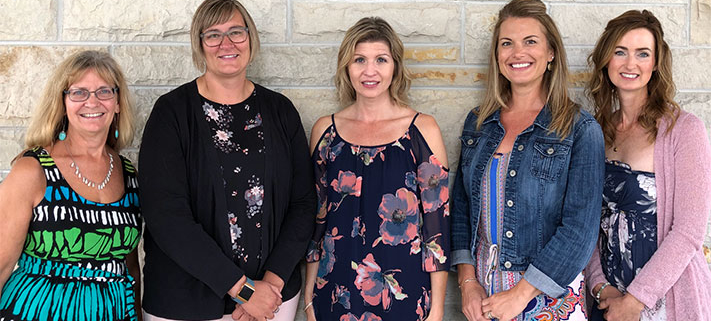What Does A Parish Nurse Do?
Parish nursing is the opportunity for nurses to use their skills to promote both physical and spiritual wellness in their congregation. Parish nurses can help their church share God’s love among those with special needs related to health.
What would parish nursing look like at your church? It depends! Each parish nurse program is unique.
Do you have a lot of young people with families? Maybe your program would include visiting new moms at home, asking questions about how they are handling the emotions and responsibility involved with a new child, and lending a listening ear and advice for the trials of fatigue, worries, and stress of parenthood.
Is there a preschool or grade school? You could give presentations on health for each of the classrooms and conduct height, weight, and vision screenings. You could volunteer your time to be at the school to assist with children feeling ill, nose bleeds, and other bumps and bruises from the playground.
Do you have someone who was just diagnosed with breast cancer? Maybe your program would involve lining up volunteers to drive the individual to her chemo or radiation appointments, bring her meals, and send her words of encouragement in cards and letters.
Maybe your church has multiple veterans who are struggling to fit back into normal society and are dealing with guilt over surviving a deployment that took the life of their friends. Perhaps your program could become familiar with a Lutheran resource that you can point these young men and women to that can help them with counseling, support, and purpose found only in the Bible.
Perhaps you have many elderly members who are no longer able to come to worship on Sunday morning, which leaves them feeling distant from the church, questioning their faith, and depressed with their condition. Your program could include visiting these members weekly, discussing their health, sharing God’s Word, and keeping them informed on what is happening at church.
For some churches, this list will make a parish nurse ask “How will I fit it all in?” I recommend that you start small. With the help of your pastor and elders, identify one individual or group to start with and slowly grow your program as you are able. On the other hand, I have had pastors and nurses tell me they used to have a parish nurse program, but there was not enough interest or need to keep it going. The amount of time a parish nurse program will require will vary from church to church. If you are feeling unsure on how to proceed with a program, I offer the same advice: take a step back and look at your congregation with your pastor and elders. Identify a single person or group of people and focus on them. Maybe your program will only require a few hours a month, but that is ok! For most nurses, parish nursing is a volunteer program rather than a full-time commitment.
If you are interested in learning more about parish nursing, please visit our website: www.welsnurses.net. There you will find step-by-step instructions on how to start a parish nurse program as well as many resources for you to use and ideas to keep you going. We also encourage you to complete an online parish nurse course offered by Wisconsin Lutheran College. If you would like any more information about parish nursing or the online course, please e-mail us at [email protected]. We are here to support and encourage you as you serve the body of Christ.
Allison Spaude currently serves as the Communications Coordinator for the WELS Nurses Association. She works in the Medical Intensive Care Unit at Lutheran General Hospital in Park Ridge, Illinois.
SPECIAL MINISTRIES
Learn about the ministry work of WELS Special Ministries.
SUPPORT SPECIAL MINISTRIES
Support the ministry work of WELS Special Ministries.



